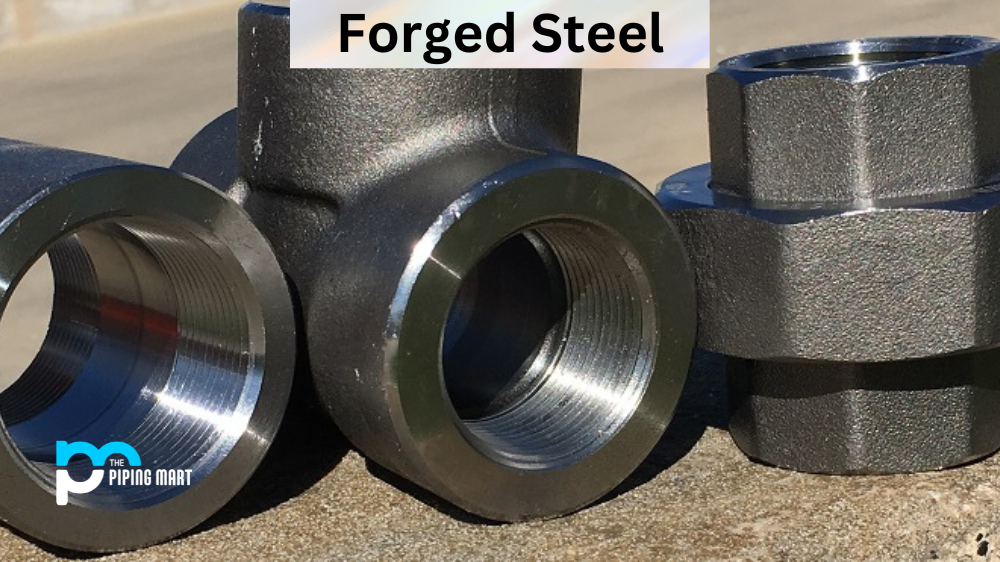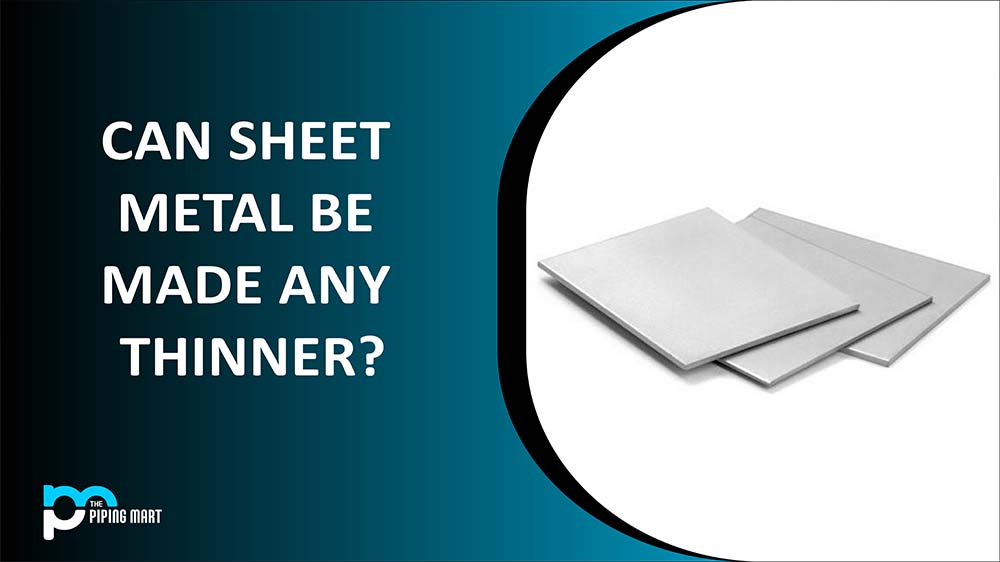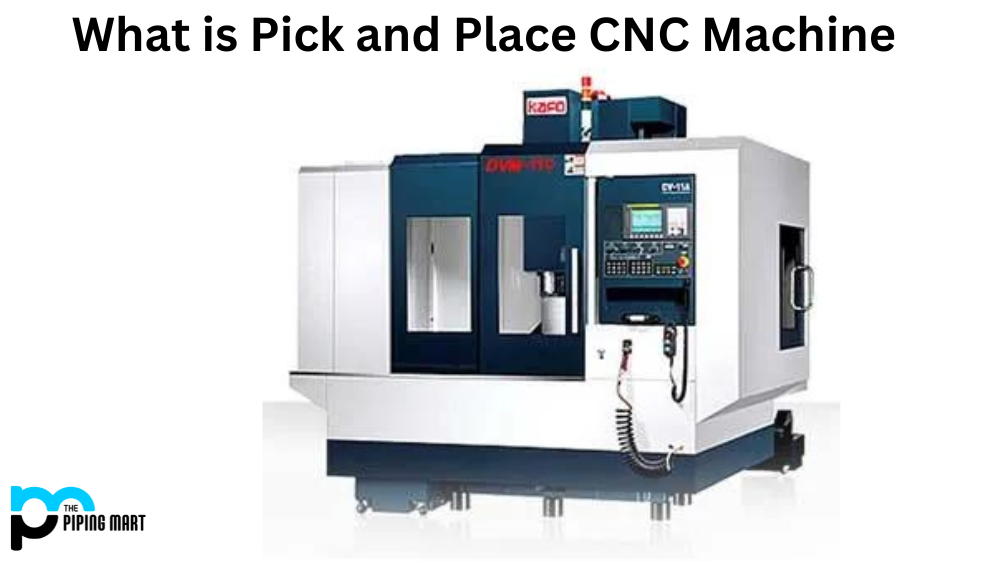Forged steel is a popular choice for engineering applications. It is made from high-carbon steel, which is heated to extremely high temperatures and then quickly cooled. This process helps to create a more durable material that can withstand extreme environments and heavy loads. But what are the properties of forged steel, and how is it used? Let’s take a look.
Forged Steel Properties
Forged steel has unique properties that make it ideal for many engineering applications. One of its most important characteristics is its strength. Forged steel has a higher tensile strength than other materials, making it ideal for parts that must withstand high levels of stress or pressure. It also has excellent wear resistance, making it suitable for parts that may come into contact with abrasive surfaces or materials. Finally, forged steel has good fatigue resistance, meaning it can handle repetitive loads without failing or becoming weak over time.
- Forged steel is a type of steel that has been heated and then pounded into shape.
- Forged steel is stronger than cast steel and is often used in the construction of buildings and bridges.
- Forged steel is also more resistant to wear and tear than cast steel, making it ideal for use in high-stress environments.
- Forged steel can be made into a variety of shapes and sizes and can be customized to meet the specific needs of a project.
- Forged steel is more expensive than cast steel, but its superior strength and durability make it worth the investment.
Forged Steel Uses
Forged steel finds many uses in the field of engineering and manufacturing. It is often used for the production of gears, bearings, shafts, hinges, valves, sprockets, flanges, pins and other components that require superior strength and wear resistance. It can also be used in the production of tools such as hammers and wrenches since it provides an excellent balance between strength and durability without adding too much weight to the tool itself. Finally, forged steel can be used in various surgical instruments due to its superior corrosion resistance and ability to maintain sharp edges over time.
Conclusion:
The qualities of forged steel make it an ideal choice for many engineering applications where strength and durability are critical factors. Its high tensile strength makes it perfect for parts that must withstand heavy loads, while its wear resistance allows it to be used in situations where abrasive materials come into contact with the part itself. Additionally, its corrosion resistance makes it suitable for medical instruments or tools exposed to harsh chemicals or environments. If you are considering using forged steel in your next project or product design, these qualities will certainly prove beneficial!

Abhishek is a seasoned blogger and industry expert, sharing his insights and knowledge on various topics. With his research, Abhishek offers valuable insights and tips for professionals and enthusiasts. Follow him for expert advice on the latest trends and developments in the metal industry.




